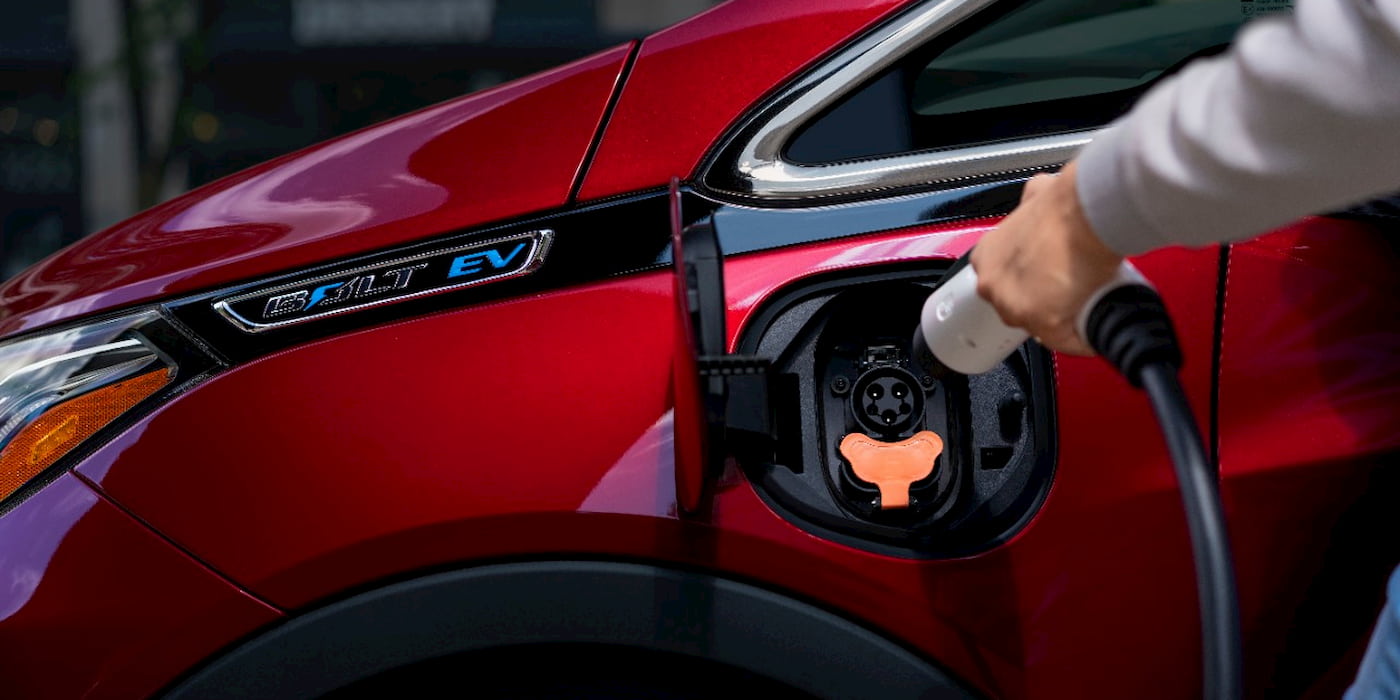
General Motors believes installing around 40,000 Level 2 (L2) chargers through its Dealer Community Program can help build its position in the new EV era. However, with L2 chargers taking many hours to charge up an electric vehicle, is this really the experience GM wants for its EV owners?
GM sticks to L2 EV chargers for its dealership program
GM is going all in on electric vehicles with the strategy of providing an EV for everyone. The automaker’s CEO, Mary Barra, has made it well-known the company is looking to lead the auto industry into a new (electric) era, going as far as to say they will beat current leader Tesla.
One way of doing so, GM believes, is by utilizing its extensive dealership network and driving adoption in untapped markets. With nearly 90% of the US popular living within ten miles of a GM dealership, the company rolled out its Dealer Charging Community Program in October 2021.
The dealership program is designed to drive EV adoption and access to charging infrastructure in “underserved, rural, and urban areas.”
As part of the program, GM will give its dealers up to ten new UIltium-branded EV chargers to install throughout the community, deploying up to 40,000 chargers in total. GM revealed earlier this month that almost 1,000 dealers have signed on to participate so far, which will result in an extensive network of chargers. GM’s vice president of the EV ecosystem, Hoss Hassani, recently told Yahoo Finance:
That’s going to be hugely consequential to the decision of which EV people want to choose. We know that’s going to catapult General Motors to a leadership category in EVs.
However, there’s a caveat. The chargers are Level 2, meaning it could take several hours to charge up your electric vehicle battery. According to Hassani:
Participating dealers are eligible to receive up to 10 19.2 kilowatt level 2 charging stations, allowing drivers to get a roughly 80% battery charge in under three hours.
Realistically, that’s going to take way longer to get to 80% (and why even use 80% at slower chargers because EVs don’t taper when charging this slow?).
He adds that most charging is done at home, and Level 2 chargers “remain the most affordable option for divers.” Both of those things are true and both of these things have nothing to do with this program.
Level 2 chargers do make sense in some places. Hotels where people stay overnight are a great place for a Level 2 EV charger. Street parking and train stations might make sense for some people. However, restaurants, malls, stores and most of all, car dealerships are not places where people want to spend all day/night charging their car.
On the flip side, Ford is also working with its dealers, announcing that two-thirds have opted to join its Model e program to sell EVs. Unlike GM, however, Ford is deploying Level 3 fast chargers, which will result in one of the US’s largest DC fast charging networks. Charging stops will be measured in minutes, not hours.
Electrek’s Take
I don’t know about you, but I don’t want to hang around a GM dealership or some adjacent location for three hours to charge up my electric vehicle – and that’s on the low end. Realistically, it will be more like six to eight hours. So what’s the plan, GM? What will visitors do for half the day while visiting dealerships and other places far from home?
I understand the idea of placing chargers in underserved areas, and something is definitely better than nothing. But waiting for so long for a charge will turn people away. Instead, it would make more sense to go with fast chargers like Ford has laid out, or at the very least, give the option. If GM is planning for 3,250 fast chargers to be installed by the end of 2025, why not go “all in” and offer level 3 to dealers where it would make the most sense?
People in rural areas will charge at home and start every day with 200+ miles of range. If they need more power on the road, a Level 2 charger will do almost nothing for them.
It seems GM’s dealership charging program was designed by those more concerned with numbers than what would actually benefit EV adoption. I can’t imagine anyone who has lived with and driven an EV would dream up this kind of scheme. If GM was serious about driving adoption, L3 fast chargers would be the way.
